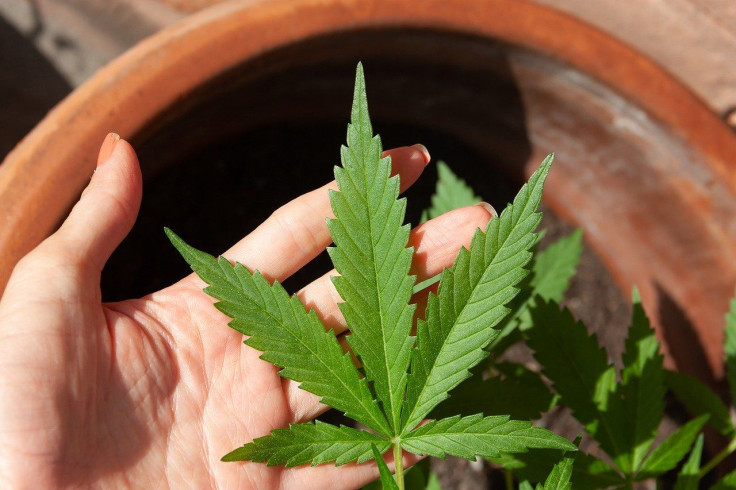Recreational Marijuana Legalization: When Will Weed Actually Be Sold In New Jersey?
While New Jersey residents voted Tuesday to legalize recreational marijuana, it could be some time before dispensaries are open to the public.
In Public Question No. 1, voters in the Garden State said yes to the proposal to legalize recreational marijuana for anyone aged 21 or older. Sales would be subject to a state sales tax, though local legislation could add even more to that figure.
Reporting from state news outlet NJ.com finds there are already disputes over the issue. Referencing “two sources with knowledge of the negotiations,” the site found issues ranged from the size of an excise tax to the number of licenses.
Who can get a license? Which communities would approve recreational sales? Who can grow marijuana for distribution? Will plants be subject to screening? Those are among the many questions that can delay sales in states that approved the law changes by ballot measures.
Based on other states' experiences, it could be a while before New Jersey voters know when they can buy marijuana legally. Two years passed before Massachusetts voters could buy marijuana legally after passing a 2016 referendum to approve recreational sales .
Maine had to wait four years. Michigan legalized marijuana sales in 2018, and some cities have only now figured out their way through the legal loopholes that would allow dispensaries to open to the general public.
New Jersey Gov. Phil Murphy, a Democrat, supported legalization, pointing to the disproportionate number of marijuana-related arrests of members of the minority community.
The New Jersey branch of the American Civil Liberties Union said arrests for marijuana possession could continue unless state legislators or Governor Murphy take action.
"It would be a gross injustice for the state to vote yes today, and then continue to arrest tomorrow,” ACLU-NJ Executive Director Amol Sinha said in a statement. “There’s the potential for a lot of confusion.”
Arizona, Montana, and South Dakota added their names to the growing list of states that have legalized marijuana for recreational use, while South Dakota and Mississippi also voted to allow medical marijuana.
Oregon took things a step further, becoming the first state in the nation to legalize hallucinogenic mushrooms in a therapy setting and decriminalize possession of small amounts of hard drugs, such as heroin, cocaine and LSD.
Decriminalization and taxation can be a windfall for state coffers. Colorado, which started collecting taxes on recreational marijuana in February 2014, reported tax revenue from January to August of $282 million from pot sales. From February to December 2014, tax revenue came in at $67 million.

© Copyright IBTimes 2025. All rights reserved.





















